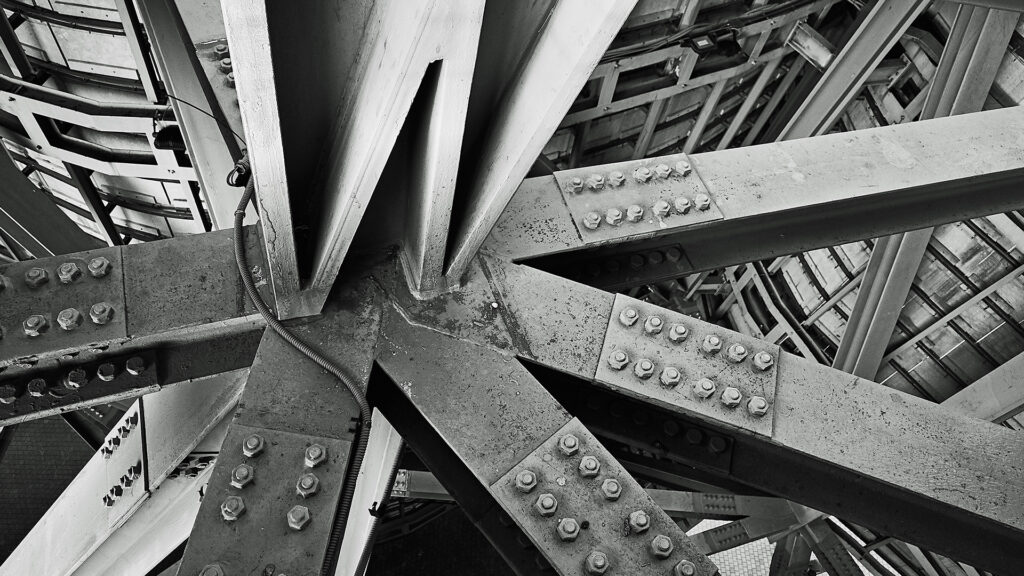

“Back to back” payment provisions may not equate to “pay when paid”
The recent Hong Kong Court of Appeal decision in Sze Fung Engineering Limited v Trevi Construction Company Limited [2025] HKCA 278 highlighted the crucial distinction between entitlement to payment on the one hand and timing of payment on the other in a “back to back” payment provision. The Court of Appeal reversed the lower court’s decision and held that the “back to back” provision was ambiguous, and in the circumstances of the matter, concluded that it was not a “pay when paid” provision.
Background
The court action concerned the installation of a new combined gas turbine unit at the Black Point Power Station. Leighton Contractors (“Leighton“) were the main contractor for the civil, building, mechanical, engineering and plumbing works. Leighton invited both the Plaintiff, Sze Fung Engineering (“SF“) and the Defendant, Trevi Construction (“Trevi“) to tender for a sub-contract for the installation of ground stabilisation works (pipe pile walls, sheet pile walls and grouting works). While Leighton awarded the sub-contract to Trevi, there were discussions between Leighton, Trevi and SF on the possibility of SF carrying out part of the sub-contract works. SF submitted a quotation to Trevi and began work on that basis. Trevi then sent a draft contract to SF, but SF refused to sign as it had already commenced work based on such quotation. It was common ground that the quotation formed part of a binding contract between Trevi and SF, with SF responsible for the piling and pumping components of the sub-contract works.
A dispute arose between SF and Trevi, and SF claimed for payment for certain works, idling costs and loss of profit. At the heart of the dispute was whether Item 18 of SF’s quotation was a “pay when paid clause” as argued by Trevi (such that unless Trevi received payment from Leighton under the sub-contract, it had no obligation to pay SF). Item 18 of the quotation stated: “Payment is based on ‘back to back’ principle and to be released to [SF] within 3 days upon receipt of the same from Client “.
The Court of First Instance of the Hong Kong High Court found that Item 18 was a “pay when paid” provision, and that Trevi’s payment to SF was conditional upon it having received payment from Leighton. The Court of First Instance held that it was artificial to draw a distinction between liability and time for payment, as the question of liability involves the same question as to when such liability arises. Therefore, SF’s claims for disputed variation, accelerated and aborted works, and loss of profit were rejected as the amounts for these were not paid to Trevi.
In relation to the idling claim brought by SF against Trevi (unrelated to the “back to back” condition), the Court of First Instance rejected such claim on the basis that SF had not provided necessary evidence of: (1) the disruptive event complained of, (2) its own planned work allegedly disrupted, (3) whether SF could have worked elsewhere, and (4) whether the claimed idling and loss were not due to its own poor management and ineffective working practices.
Court of Appeal’s decision
The Court of Appeal overturned the Court of First Instance’s decision in relation to Item 18, and found that:
- The term “back to back” is a not a term of art, and the provision is ambiguous as evidenced by the opposing interpretations advanced by both parties. The entitlement to payment depends on the clarity of the language, the context and the factual matrix of the case.
- The time of payment is understood to be the lifeline for contractors in the construction industry. The Court of Appeal noted that timing of payment is different to entitlement, and entitlement would not be lightly disturbed in the absence of clear words. For a payment term which is ambiguous, the court must look for adequate support to conclude that both timing and entitlement are governed by the same term.
- The factual matrix and circumstances do not support the Court of First Instance’s interpretation that Item 18 was a “pay when paid” clause. The “back to back” provision in question governed only the time of the payment.
- If Item 18 was a “pay when paid” provision, then SF would never be paid for works excluded from the sub-contract between Trevi and Leighton (main contractor) but included in the quotation between Trevi and SF – that was contrary to commercial sense.
- As Item 18 only governs timing, there is a basis for implying a term for Trevi to assess and pay SF for all duly completed works in a timely manner and at a reasonable price.
As a result of its decision, the Court of Appeal remitted to the Court of First Instance the determination of SF’s loss of profits and variation claims.
In relation to SF’s idling claim, the Court of Appeal affirmed the Court of First Instance’s finding that there was insufficient evidence for such claim. It held that if SF discharged its duty to co-ordinate with Leighton, idling resources could have been avoided. SF could not sufficiently make out its idling claim by merely relying on the fact that resources were lying idle because work was delayed or obstructed.
Implications and commentary
The Court of Appeal decision is a reminder of the need to draft sub-contracts (in particular any “pay when paid” provisions) with care to properly and clearly reflect each party’s intention. The courts will take into account the factual matrix and surrounding circumstances when interpreting an ambiguous provision, and where appropriate imply a term.
Unlike many other jurisdictions, “back to back” and other conditional payment provisions are still prevalent in Hong Kong construction sub-contracts. As we had noted earlier,1 section 17 of the Construction Industry Security of Payment Ordinance (Cap 652) which comes into operation on 28 August 2025 will render conditional payment provisions unenforceable, introducing a major change to the Hong Kong construction industry.
Eugene Lee, Trainee Solicitor, assisted with the preparation of this briefing.
Footnote









